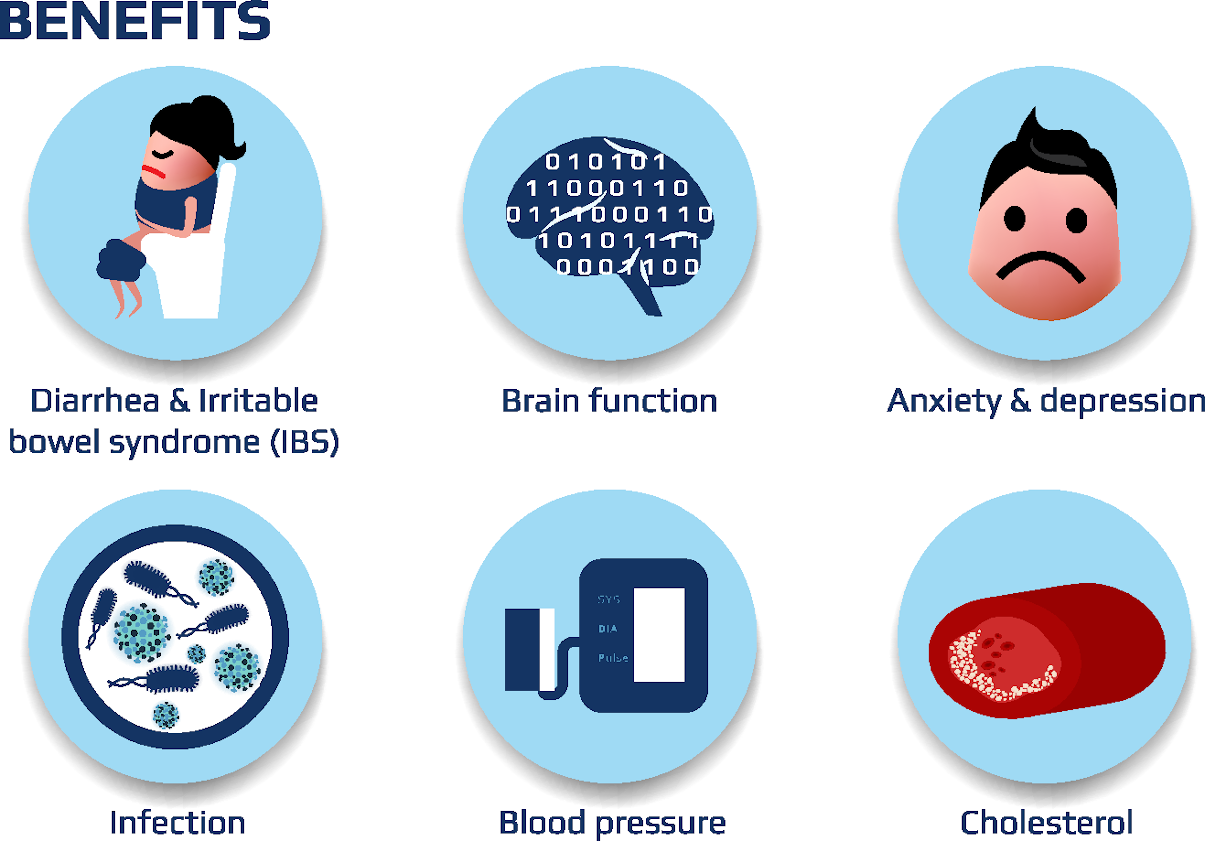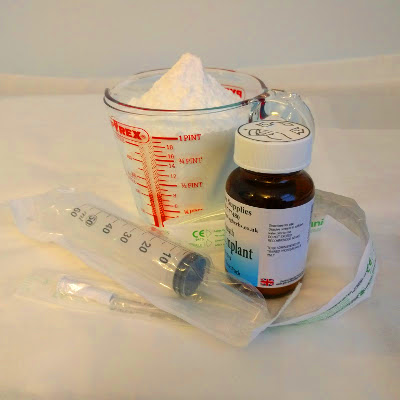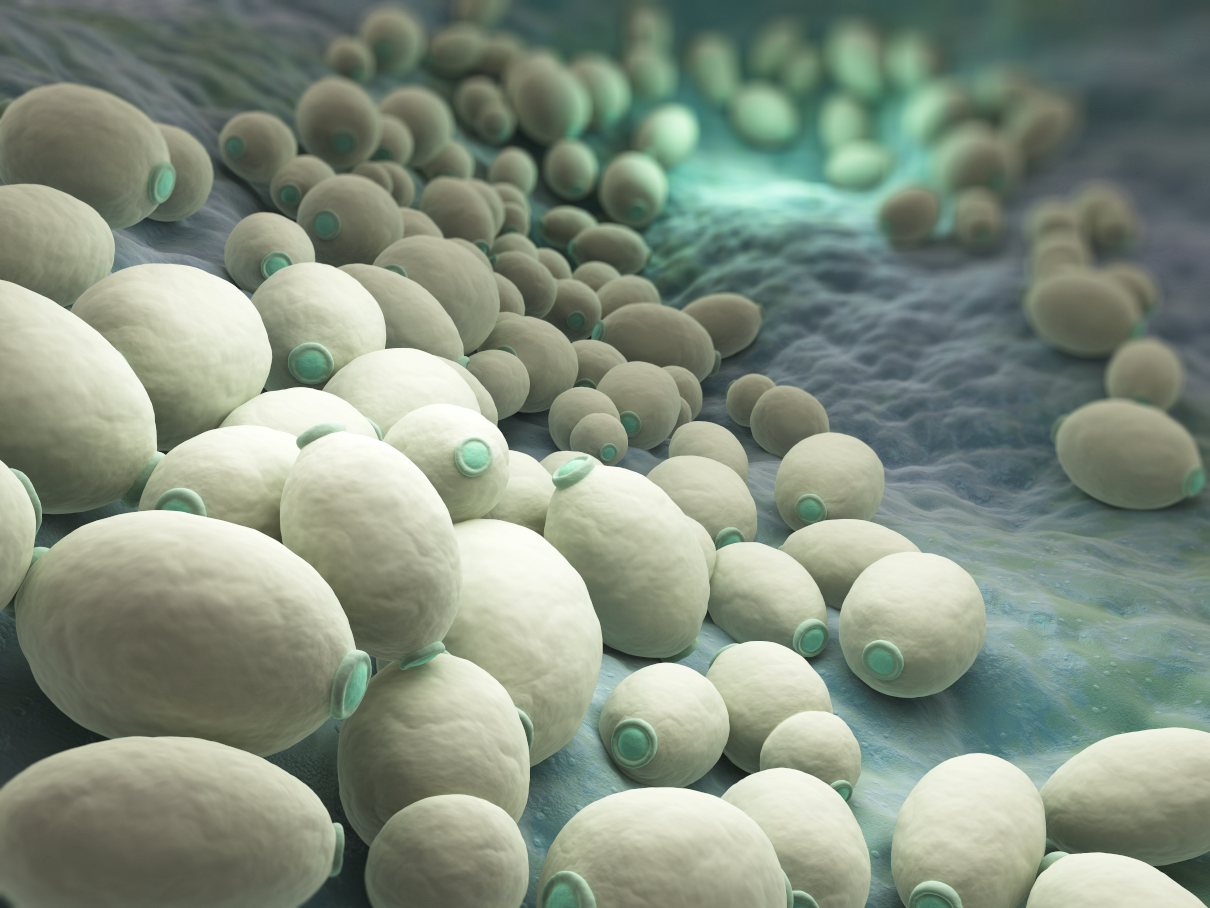
/Beneficial intestinal and harmful bacteria or microflora./ The intestinal microflora is a collection of microorganisms whose vital activity is closely interrelated. Scientists have found about 500 different types of bacteria in the intestines. But not all of them were useful.
Beneficial intestinal bacteria help our body digest food and absorb proteins, vitamins, and other valuable substances. However, harmful bacteria’s main menu includes the products of fermentation. These harmful microbes also secrete poisons from rotting processes. If we talk about the importance of intestinal microflora, we can compare it with the functioning of the liver and kidneys combined.

Probiotic implant and alkalising colonic with bicarbonate of soda
Alkalising colonic irrigation with bicarbonate of soda and high strength probiotic implants and comprehensive consultation is available at Parkland Natural Health Clinic.
Microflora
Beneficial intestinal bacteria represent symbiotic microflora in our bodies. They include lactobacilli, bifidobacteria, enterococci, and many other microorganisms. They constitute almost ninety-nine per cent of all intestinal “inhabitants.” However, the remaining one per cent are opportunistic bacteria. Proteus, Staphylococcus, Pseudomonas aeruginosa, and many others are on their list. At the same time, if the patient’s intestine is entirely healthy, there is no pathogenic microflora.
Interestingly, the intestinal microflora begins to develop at birth. Its development ends in all people, usually at different ages, but as a rule, it is between seven and twelve years old.
A healthy microflora ensures the sound quality and functioning of all body systems. Therefore, restoring the probiotic population as soon as possible is vital in case of violation. Without a healthy microflora, there will be no proper digestion, which means there may be various problems with the gastrointestinal tract.
Helpful, beneficial intestinal bacteria and causes of microflora disorders
Healthy intestinal bacteria do not allow various putrefactive bacteria to develop in the intestine and neutralise the toxins they secrete.
It is good to know that a healthy microflora contributes to the formation of immunoglobulin. That, in turn, is necessary for solid immunity in children and adults.
If intestinal microorganisms are imbalanced, this often leads to premature body ageing because the toxins secreted by harmful bacteria destroy a person’s health and beauty.

Probiotic implant and colonic irrigation
Colon hydrotherapy with high-strength probiotic implant and comprehensive consultation is available at Parkland Natural Health Clinic.
Common causes
Various beneficial intestinal bacteria populate our intestines. We know of such common causes of microflora disruption as:
- Unhealthy nutrition.
- A long course of taking multiple drugs such as antibiotics and antiseptics.
- Medical or self-cleansing of the intestines, as a result of which harmful bacteria and valuable “good” microorganisms can be destroyed.
- The immune system can get weak for various reasons.
- Excessive cleanliness and abuse of antibacterial cosmetics kill pathogenic and beneficial microbes.
- Hormonal disruptions.
- The use of dirty, low-quality water.
- Abuse of energy drinks and strong coffee.
- Chronic fatigue and lack of sleep.
- Emotional experiences, nerves and stress.
As may be noted, there can be many causes of dysbacteriosis (violation of intestinal microflora). Therefore, in most cases, it is necessary to eliminate the root cause of the problem for quality treatment.

Food intolerance test of 208 ingredients
This is our most comprehensive food and drink test. It analyses your client’s IgG antibody reactions to 208 food and drink ingredients. This test will highlight their food triggers and help you formulate an IgG-guided elimination diet together.











